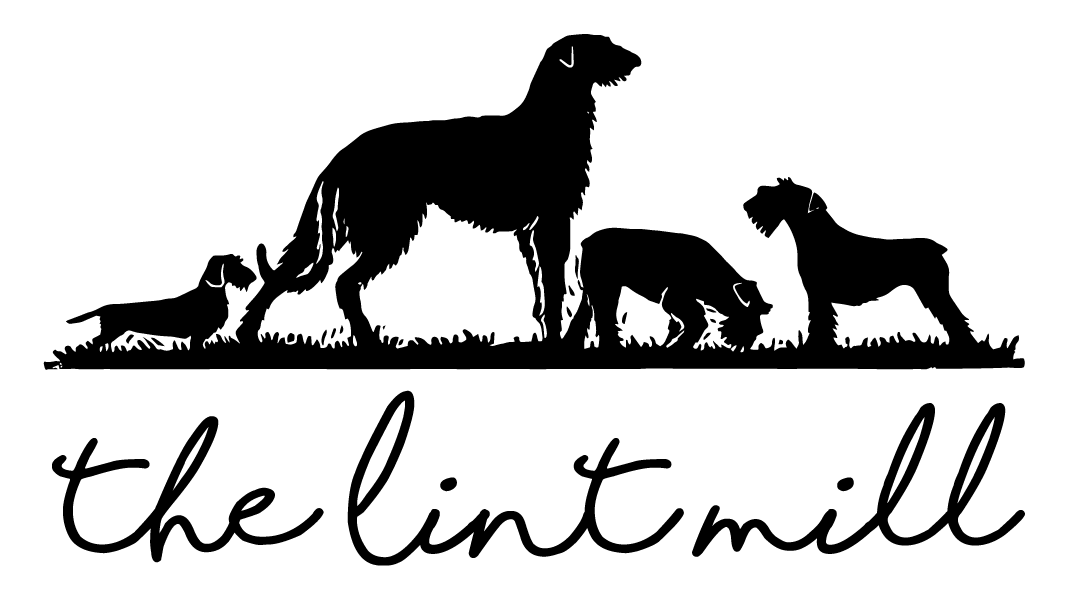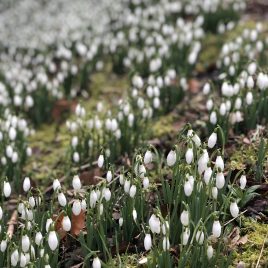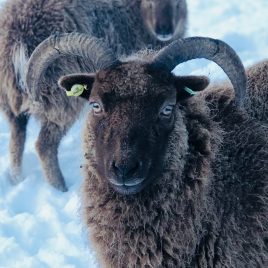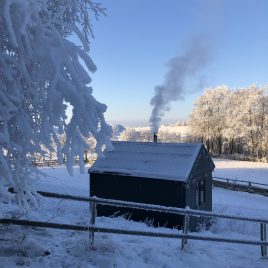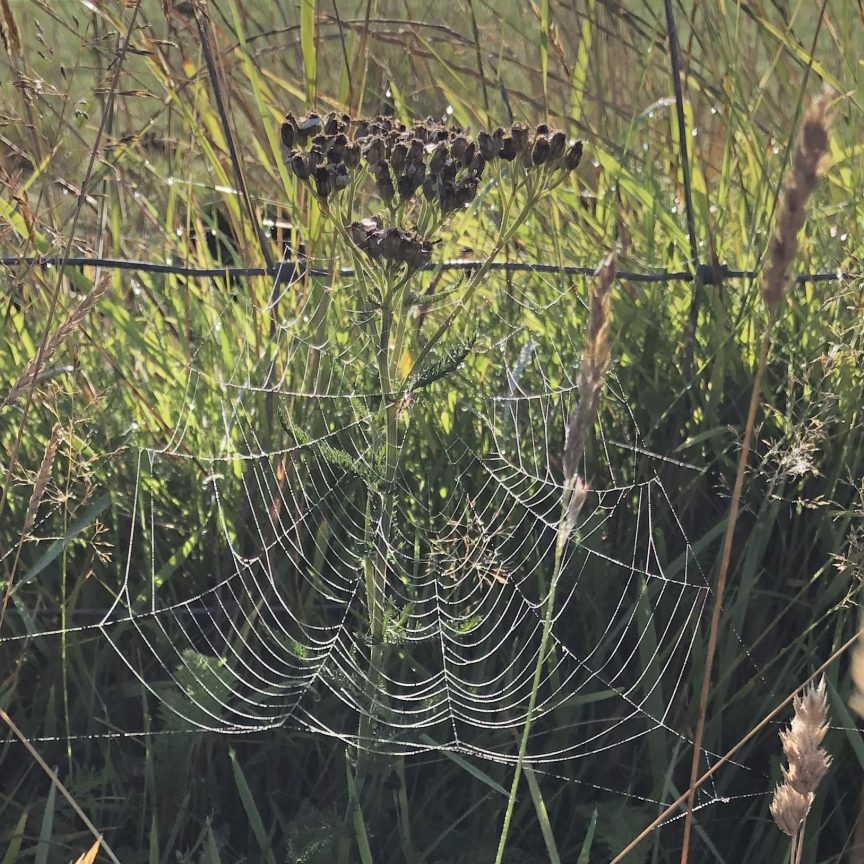
Going To Ground
I wrote this entry just after the clocks had just gone back and we were well into the shortening days of autumn. It offers a useful context for the entries I am currently working on following my time at Racy Ghyll Farm.
Late October 2021
The mood on the smallholding changes at this time of year. After a busy summer (the B&B has been delightfully hectic) where the fields have literally been buzzing with life, things begin to quieten down, plants and mini-beasts all enter a period of dormancy and we begin to see the holding in a new light.
Without the fecund growth of summer we can see all the jobs that need to be done and we see the months ahead as a time to do them at our leisure. From giving the compost bins some much needed attention, to mulching the kitchen and cottage gardens, repairing fences and continuing to build dead hedges around the place, there is always so much to do but somehow space opens up to do them. The short days mean work has to be paced, no sense in trying to cram too much into one day and the long, cosy evenings in front of the log burner in the snug lend themselves to reflection and planning. Of course, we plan the beginning of the reproductive cycle of our goats and sheep but we try to give time to reflection at this time of the year and wait until the turn of the year after the winter solstice to begin planning in earnest for the year ahead.
We have plenty to reflect on this year and top of our agenda is the developing conversation about regenerative agriculture. We used this term for what we are trying to do here at The Lint Mill long before it started ‘trending’. Indeed, the connections between regenerative agriculture and the longstanding organic movement are clear to see. Nonetheless, we are so encouraged to witness this growth in understanding of how regenerative agricultural practices might be an absolute lynch pin in our efforts to secure a future for ourselves and others in this time of climate crisis. It seems to us to be a much more positive and action-based term than the now ubiquitous (including on our own website) term ‘sustainability’. We understand what it means to engage in sustainable practices and we do that wherever we can but is it enough? We know that resources of all kinds are finite so we want to go further than ‘net zero’, ‘do no harm’ and ‘treading lightly’ in our approach. We want to use methods that restore and improve things from where we are now and this is where regenerative agriculture comes in.
The Kiss the Ground website offers this definition:
Regenerative Agriculture is a system of farming principles and practices that increases biodiversity, enriches soils, improves watersheds, and enhances ecosystem services. It aims to capture carbon in the soil and aboveground biomass (plants), reversing current global trends of atmospheric accumulation and climate change. At the same time, it offers increased yields, resilience to climate instability, and higher health and vitality for farming and ranching communities.
If you want to know more, watching the accessible and entertaining film ‘Kiss the Ground’ is a great place to start, https://kissthegroundmovie.com/
What has this meant for life at The Lint Mill? Well, after 40 years as a teacher I have long been on my own unique and powerful path in relation to ecology in the arts and since the change to full-time life on the smallholding I have begun to find new and exciting ways to continue living my purpose every day. I have become a bit of a soil geek and I have been doing a lot of watching grass grow! I’ve been doing online courses and I received a grant from Women in Agriculture to go on a course called ‘Grazing School’ led by James Rebanks (shepherd and author of the inspirational Wainwright Prize winning ‘English Pastoral’) and Caroline Grindrod (consultant and coach in regenerative livestock and food strategies) and this will be the subject of a blog or two of its own.
We are putting all this new learning at the service of this land that we steward, in every ‘farm tour’ we offer guests and as the foundational values that underpin our ‘A Beginner’s Guide to Organic Smallholding’. More, much more to follow…
